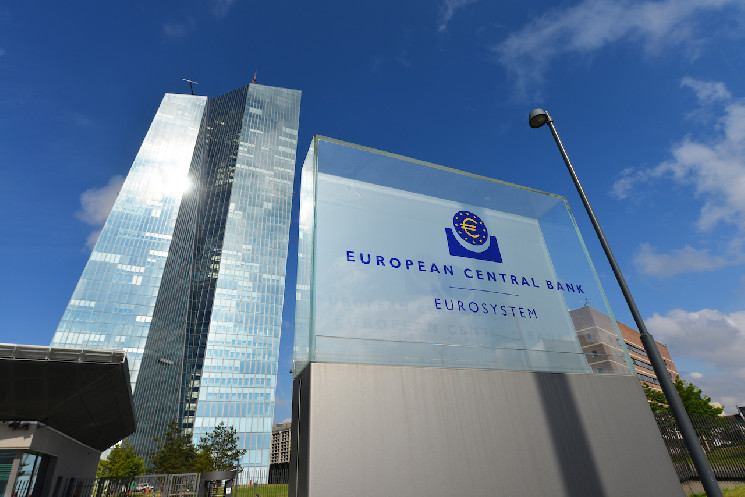Disclosure: Crypto is a high-risk asset class. This article is provided for informational purposes and does not constitute investment advice. By using this website, you agree to our terms and conditions. We may utilise affiliate links within our content, and receive commission.
Andrea Enria, Chair of the supervisory board at the European Central Bank (ECB), has emphasized the need for rigorous regulation when crypto entities start resembling banks.
In a recent interview with Germany’s Handelsblatt, Enria pointed to the challenges in supervising crypto companies, noting that certain services in the sector closely mimic traditional bank services, especially in payments and decentralized finance (DeFi).
The primary difficulty, according to Enria, is the issue of “deterritorialization,” where crypto entities often lack precise physical headquarters.
This challenge has famously been exemplified by Binance, the world’s largest crypto exchange by trading volume, which operates around the world without having a specific global headquarters.
Binance last week entered into a $4.3 billion settlement agreement with several US government agencies, and the exchange’s new CEO, Richard Teng, has vowed to make regulatory compliance a key focus going forward.
Concerns about crypto’s decentralized nature
In his interview, Enria expressed concerns about the lack of issuer clarity in major cryptos like Bitcoin and the absence of a defined entity in DeFi projects, making supervision challenging.
He pointed to what he called the “opacity” within crypto firms, citing the case of FTX’s collapse in 2022 as revealing significant consolidation issues and a lack of a “group-wide perspective of the business and of the risks that these entities take.”
While discussing the ECB’s planned digital euro and private cryptocurrencies, Enria emphasized that these developments do not pose a threat to the role of traditional banks.
The European Union (EU) is currently considering proposals for a digital euro, and questions about the regulatory framework for virtual assets are also continuing to emerge.
However, Enria acknowledged the serious difficulties in regulating crypto entities that offer bank-like services due to their decentralized and often borderless nature.
“The issue will be to make sure that once somebody is conducting banking activity, it’s brought under the remit of banking regulation and supervision,” he said, while admitting that this will be a “challenge for us more than for the banks.”
Read the full article here

